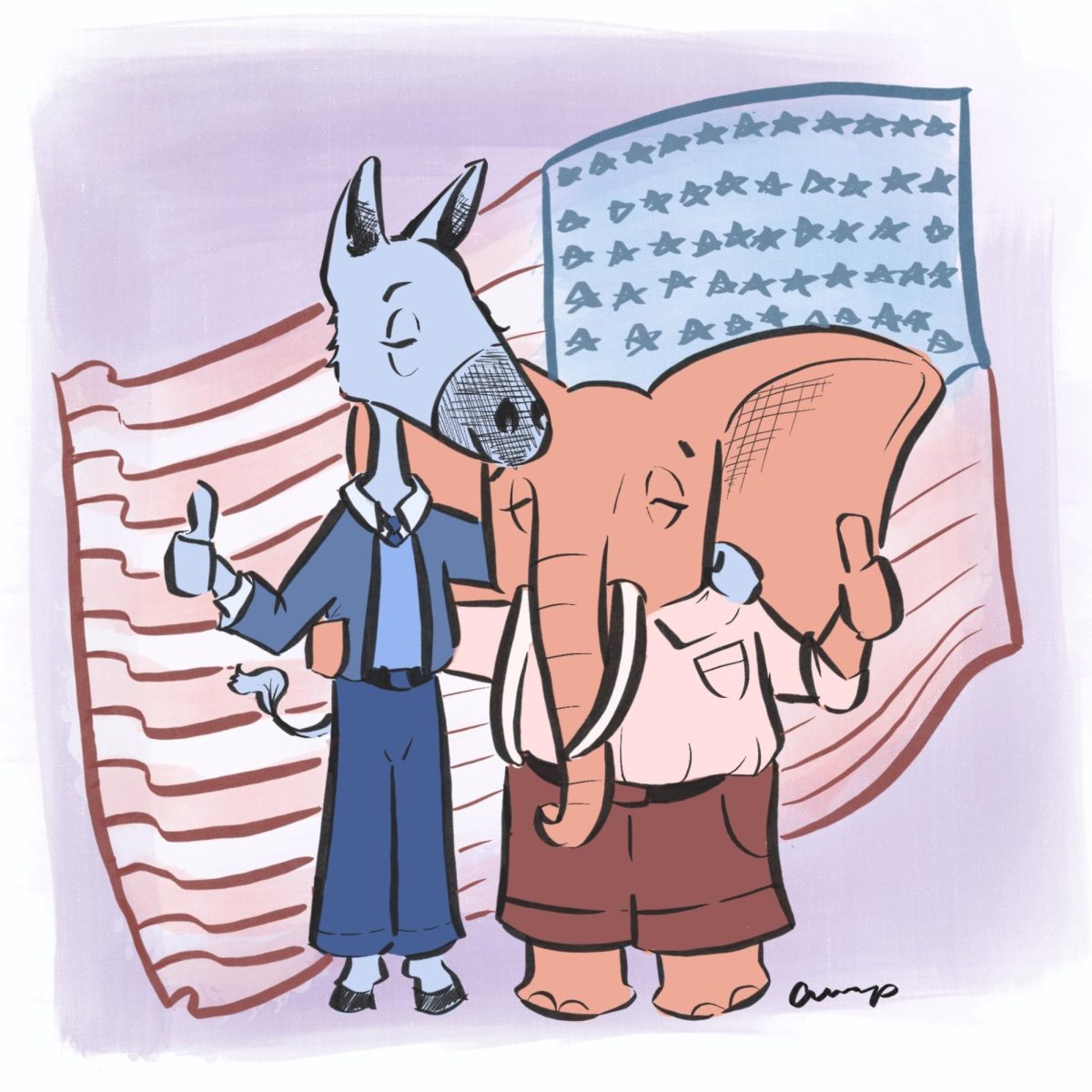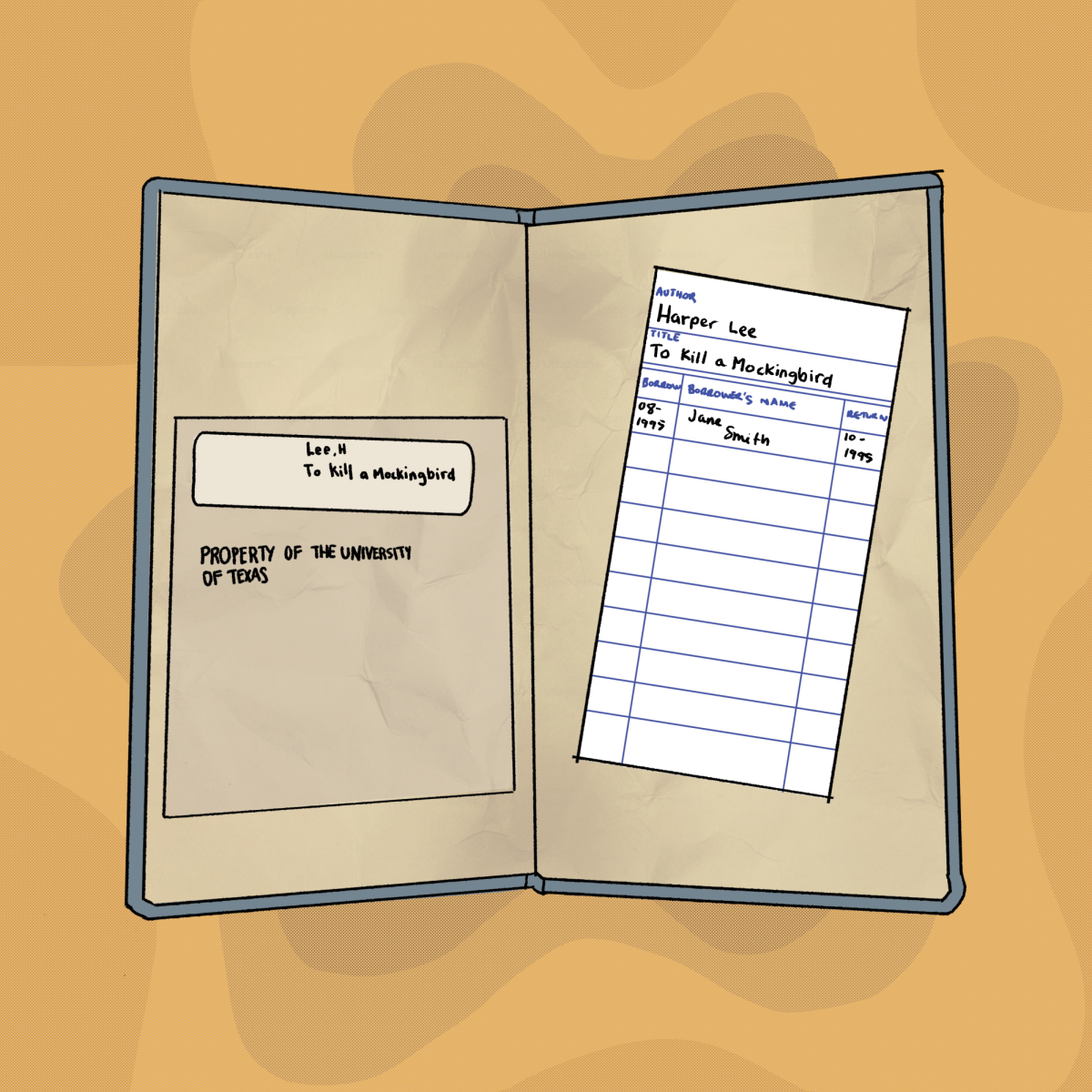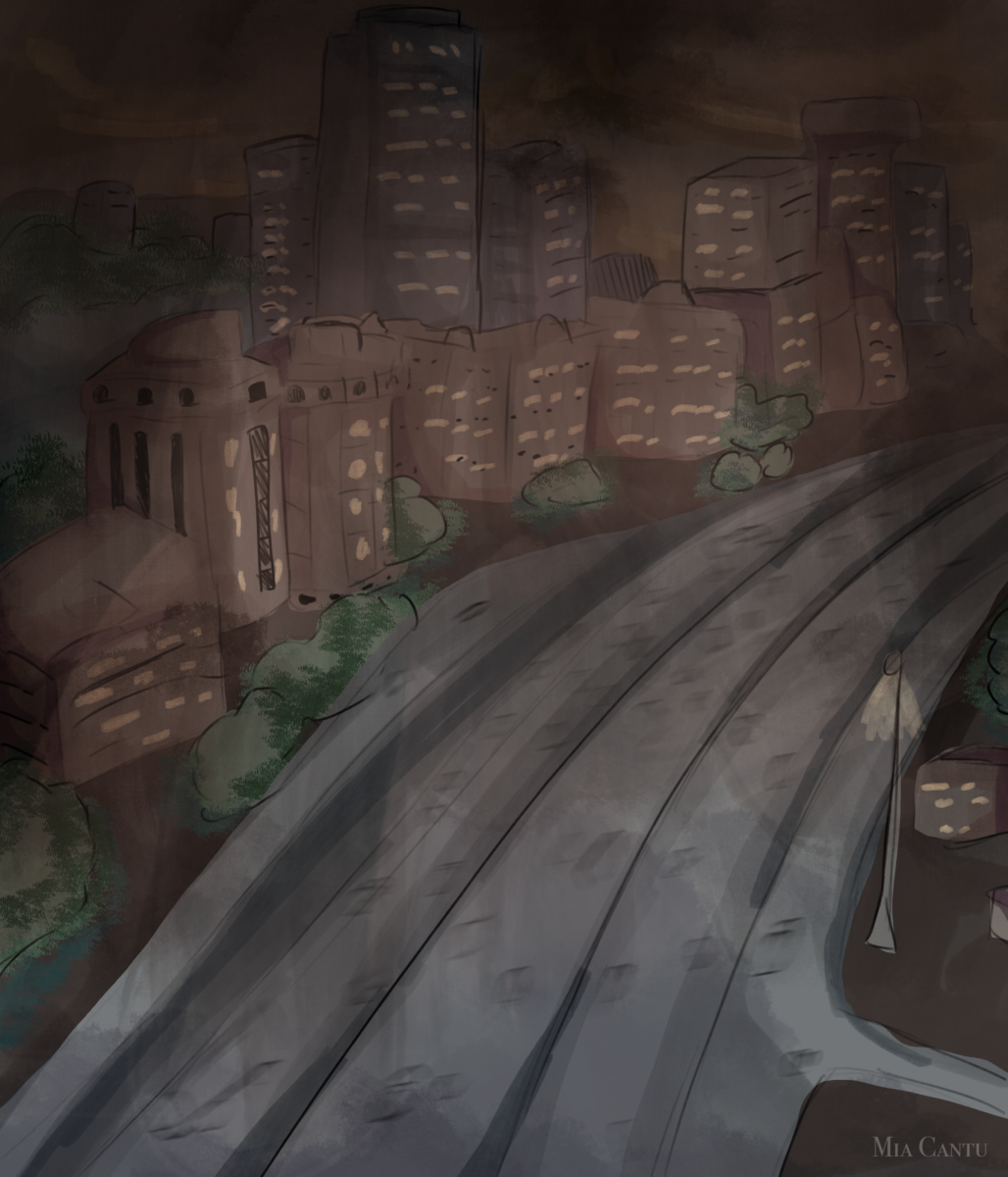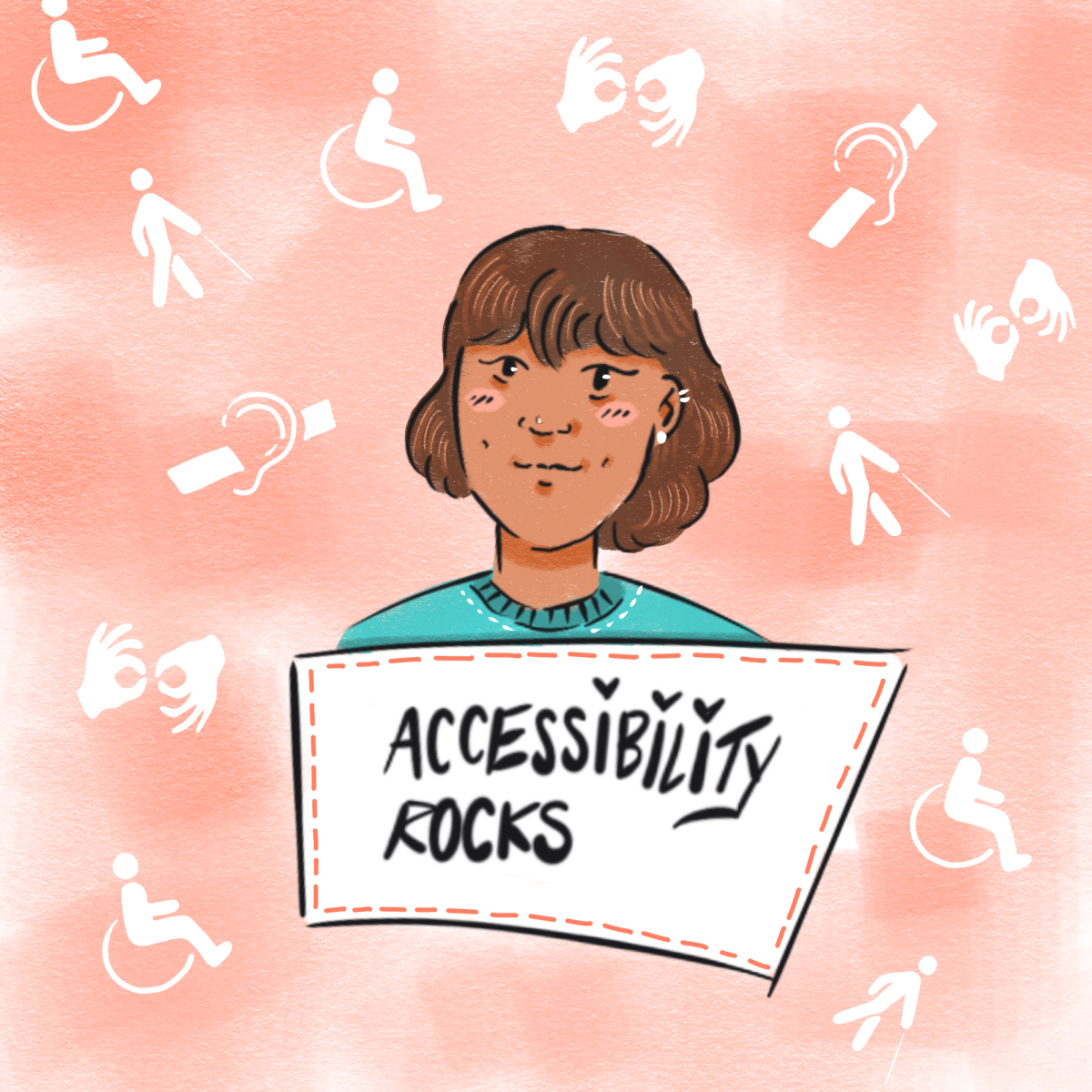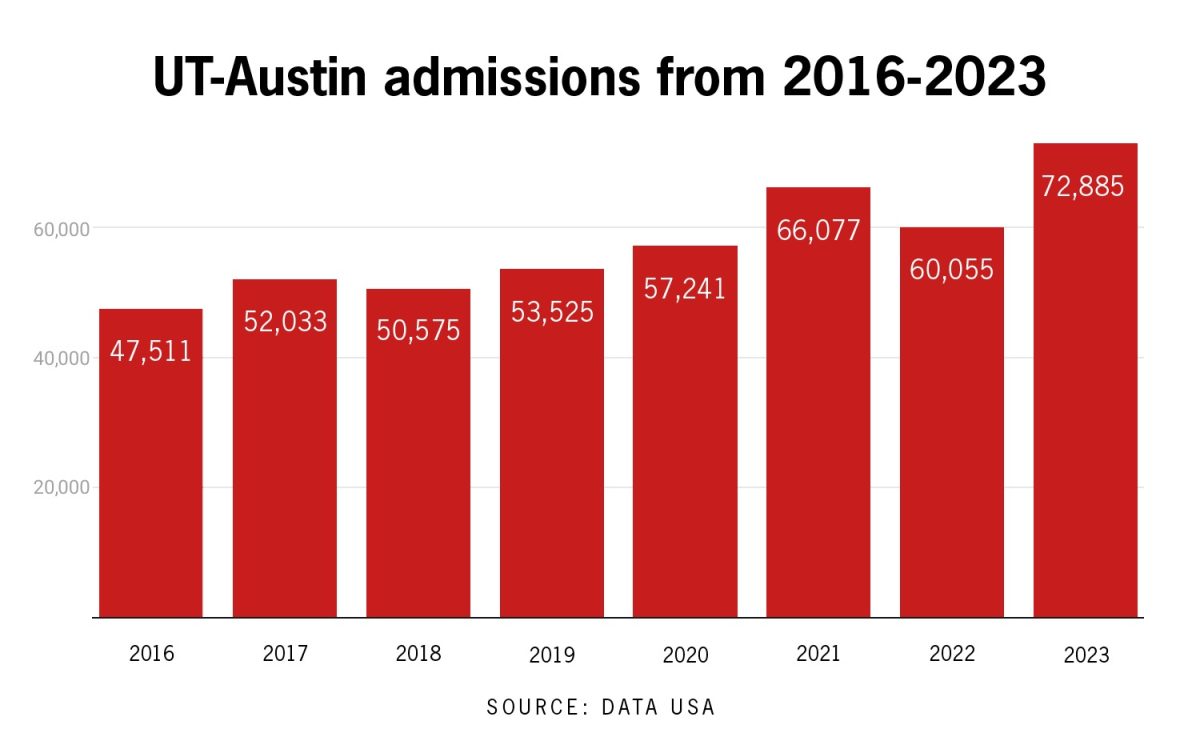Noah Keany, a government freshman, and Owen Lowe, an international relations freshman, met on Speedway this year after being introduced by a mutual friend. Lowe loves to shoot Trap and Skeet and serves as an officer in his student organization, while Kearny enjoys swimming and spending time with friends. Both are interested in working with political campaigns someday and stay engaged with current events.
Keany is a left-leaning Democrat. Lowe is a Republican. They’ve shared political discourse before.
“We were just walking around,” Lowe said. “I brought up the election, and then we started talking about Kamala and her policies, Trump and his policies, and it was very civil.”
Despite the two’s different political opinions, they are friends.
Research shows that Lowe and Keany’s friendship is rare. In 2020, a Pew Research Center study found that roughly 80% of voters have “just a few” or no friends who support the opposite party. A multi-decade Pew study also showed that political divisiveness is higher in the United States this decade than in previous years. In 1994, only 64% of Republicans were more conservative than the median Democrat, while 70% of Democrats were more liberal than the median Republican. By 2017, the median Republican was more conservative than 97% of Democrats, and the median Democrat was more liberal than 95% of Republicans.
Government professor Daron Shaw, who specializes in elections, voting behavior and political parties, said the relationship between identity and political beliefs has changed over the years, with identity now much more associated with political beliefs.
“Twenty-five years ago, if you asked people, ‘What are you?’ people would say, ‘I’m a Texan, I’m a Presbyterian, I’m a Longhorn,’” Shaw said. “These things were dominant. Nowadays, ‘I’m a Democrat or I’m a Republican.’ (Political beliefs) seem to be one of the first things people go to when they label themselves or they express what their identity is.”
Shaw said that some of the recent divisiveness can be credited to a principle called affective polarization, which is when people’s perceptions of their own political party grow more positive while their feelings toward the opposing party grow more negative.
“Republicans rate Democrats more negatively than they used to, and Democrats rate Republicans more negatively,” Shaw said. “Students believe that their identities push them in a particular direction and therefore make it difficult to see the position or feel comfortable with people whose views are different than (theirs).”
Lowe said he believes that one’s politics do play a part in their identity, at least to some extent.
“There are parts of politics that can overstretch into who you are as a person,” Lowe said. “I don’t think that your actual views really influence your personality, but I think that your ideology can be an extension of the way that you interact with the world.”
Both Lowe and Keany said they formed their viewpoints based on their media consumption as they started paying more attention to politics.
“I moved to Seattle, where it’s a little bit more heated,” Lowe said. “I was a liberal for a while, and then I started seeing how the media covered Trump, and there were a lot of inconsistencies.”
For Keany, the content he consumed during the pandemic and subsequent lockdown helped shape his political beliefs.
“I was online a lot and I saw a lot of politics just unraveling in front of me,” Keany said. “Everything led me to a point where I was like, ‘I believe we should have more social systems to provide for people who cannot help themselves.’”
Anthony Larraga, government and Mexican American Latino Studies senior, said his leftist beliefs and experiences play a strong role in shaping who he is.
“(A) lot of people in my friend group are obviously people of color, and so a lot of our ideas (are) also based around our identity, since our identity is very much political, especially here in the States,” Larraga said.
Larraga is a first-generation college student with immigrant parents. His friends are mostly left-leaning individuals who have similar views on topics such as immigration and human rights.
“Being friends with people who know these experiences and have felt them is very validating,” Larraga said. “A lot of the time the media and also a lot of people on the right try to invalidate our experiences and don’t really understand what it’s like to live through that.”
Larraga said he has ended some friendships in the past due to differing views, including when some former friends pushed back against him posting in support of the Black Lives Matter movement in 2020.
“When someone does say certain ideas that I don’t agree with, and it’s usually along the basis of social issues and economic issues, then I’m gonna be like, ‘Okay, I don’t think this is probably going to work out,’” Larraga said. “If you’re against these certain types of rights that we want, then I’m not gonna be friends with you.”
Psychology junior Ali Gavalya is a progressive, politically active person who said she also finds that her political beliefs directly connect with her identity.
“There are things that I care about, like walkability, for example — I can have a friend who is very pro-car-centric society, and then we can hash that out,” Gavalya said. “That’s totally cool. But things like race, racism, voter suppression policy, homophobia and transphobia — those are non-negotiables for friendships.”
To aid friction among politically opposed students, Shaw said that he recommends people get to the bottom of why someone says what they say and not take immediate offense.
“Don’t assume your worst first instinct,” Shaw said. “When someone says, ‘Oh, I’m a Republican or I’m a Democrat,’ put things in perspective. Think about their actions. Give them the benefit of the doubt. It sounds so simple, but it’s amazing how much evidence there is now in psychology that giving people the benefit of the doubt really works.”
Shaw also advised students to broaden their circles to welcome people of different views.
“If you have a circle of friends, none of whom have an opinion different from yours, or a voting preference different from yours, I would strongly suggest you broaden your circle of acquaintances,” Shaw said.
Keany and Lowe said they maintain their friendship despite their political differences by remaining open to other views and focusing on each other as people beyond political affiliations. However, they also said there is a line separating people from their beliefs.
“I think that you should separate the person from the politics to a point, but at the point where it stops being about politics and starts being about your character is where you have to draw a line,” Lowe said. “When it gets to the point where you’re advocating against groups of people for them to be hurt or killed, then it just crosses the line.”
Keany said he and Lowe don’t talk about politics much, but when they do it remains civil.

